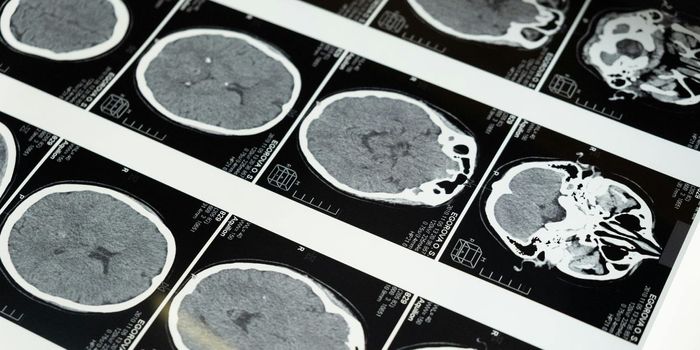Ultra-processed Food Linked to Higher Risk Early PD Symptoms

Eating ultra-processed foods such as breakfast cereal, hot dogs, and mass-produced bread is linked to a higher risk of multiple chronic diseases. Until now, however, how the dietary habit relates to prodromal PD remains unclear. In the current study, researchers investigated the link between long-term consumption of ultra-processed foods and nonmotor symptoms of prodromal PD.
To do so, they analyzed data from 42, 853 people with an average age of 48 years old. Participants did not have PD at the start of the study and were followed for up to 26 years. Dietary information was collected via repeated food frequency questionnaires. Prodromal signs of PD included data on probable REM sleep behavior disorder, constipation, reduced sense of smell, impaired color vision, excessive daytime sleepiness, body pain, and depressive symptoms.
Participants were divided into five groups: the highest group eating 11 or more servings of ultra-processed food per day on average, and the lowest group: fewer than three servings per day. Ultimately, the researchers found that those eating 11 or more servings per day were at a 2.5 times higher risk of having three or more early signs of PD than those consuming less than three servings per day. They also found that eating more ultraprocessed foods was linked to a higher risk for all symptoms apart from constipation.
"Choosing to eat fewer processed foods and more whole, nutritious foods could be a good strategy for maintaining brain health. More studies are needed to confirm our finding that eating less processed food may slow down the earliest signs of Parkinson's disease," said study author Xiang Gao, MD, PhD, of the Institute of Nutrition, Fudan University in Shanghai, China, said in a press release.
Sources: Science Daily, Neurology








